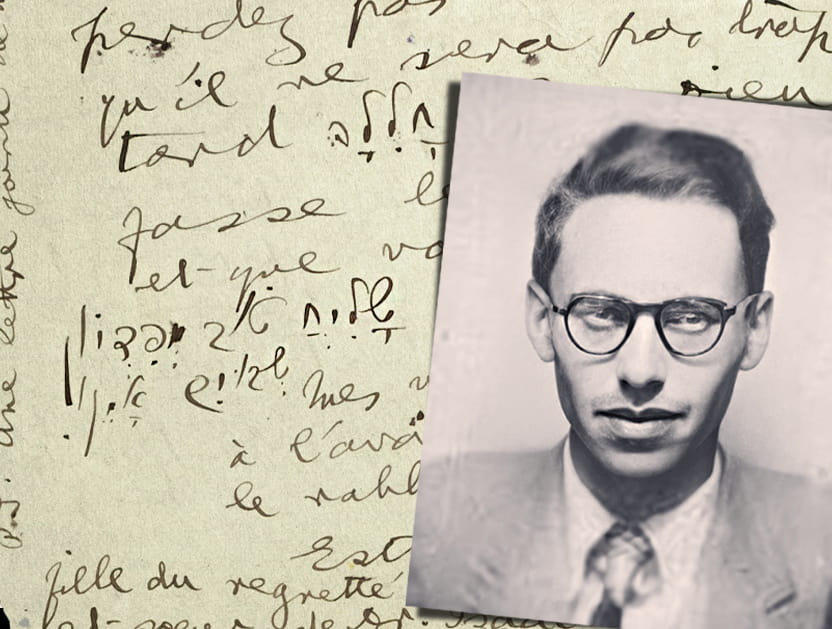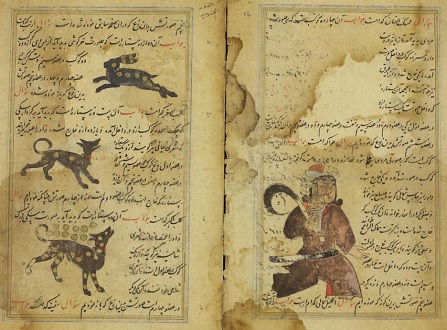Irony and meaning in the Hebrew Bible [electronic resource]
להגדלת הטקסט להקטנת הטקסט- ספר
Was God being ironic in commanding Eve not to eat fruit from the tree of wisdom? Carolyn J. Sharp suggests that many stories in the Hebrew Scriptures may be ironically intended. Deftly interweaving literary theory and exegesis, Sharp illumines the power of the unspoken in a wide variety of texts from the Pentateuch, the Prophets, and the Writings. She argues that reading with irony in mind creates a charged and open rhetorical space in the texts that allows character, narration, and authorial voice to develop in unexpected ways. Main themes explored here include the ironizing of foreign rulers, the prostitute as icon of the ironic gaze, indeterminacy and dramatic irony in prophetic performance, and irony in ancient Israel's wisdom traditions. Sharp devotes special attention to how irony destabilizes dominant ways in which the Bible is read today, especially when it touches on questions of conflict, gender, and the Other.
| כותר |
Irony and meaning in the Hebrew Bible [electronic resource] / Carolyn J. Sharp. |
|---|---|
| מהדורה |
1st ed. |
| מוציא לאור |
Bloomington : Indiana University Press |
| שנה |
c2009 |
| הערות |
Bibliographic Level Mode of Issuance: Monograph Includes bibliographical references (p. [323]-347) and index. English |
| הערת תוכן ותקציר |
Cover -- Contents -- Preface and Acknowledgments -- Introduction -- 1. Interpreting Irony: Rhetorical, Hermeneutical, andTheological Possibilities -- Irony and Contemporary Methodological Debates -- Method: Multiaxial Cartography -- Leaving the Garden: The Wisdom of Irony -- 2. Foreign Rulers and the Fear of God -- Pharaoh and Abimelech as Innocents Ensnared -- "Am I in the Place of God?": Joseph the Pretender -- Belshazzar, Darius, and Hermeneutical Risk-Taking -- The Ending of Esther and Narratological Excess -- 3. The Prostitute as Icon of the Ironic Gaze -- Tamar the Righteous -- Rahab the Clever -- Jael the Bold -- Gomer the Beloved -- Ruth the Loyal -- 4. The Irony of Prophetic Performance -- Oracular Indeterminacy and Dramatic Irony in the Story of Balaam -- Hermeneutics of De(con)struction: Amos as Samson Redivivus -- Contested Hermeneutics and the Undecidability of Micah 2:12-13 -- Irony as Emetic: Parody in the Book of Jonah -- 5. "How Long Will You Love Being Simple?" Irony inWisdom Traditions -- Ironic Representation, Authorial Voice, and Meaning in Qohelet -- Rereading Desire as Doublespeak in Psalm 73 -- 6. Conclusion -- Irony and Scriptural Signifying -- Leaving the Garden Again: New Beginnings -- Notes -- Bibliography -- Index of Names and Subjects. |
| סדרה |
Indiana studies in biblical literature |
| היקף החומר |
xii, 356 p. |
| שפה |
אנגלית |
| מספר מערכת |
997010705115505171 |
תצוגת MARC
תגיות
- Bible. Old Testament Criticism, interpretation, etc.
- Antico Testamento
- Bible. Antico Testamento
- Bible. Hebrew Bible
- Bible. Hebrew Scriptures
- Bible. Kitve-ḳodesh
- Bible. Miḳra
- nnea Bible. O.T.
- Bible. OT
- Bible. Palaia Diathēkē
- Bible. Pentateuch, Prophets, and Hagiographa
- Bible. Phanthasanyā Dœ̄m
- Bible. Sean-Tiomna
- Bible. Stary Testament
- Bible. Tanakh
- Bible. Tawrāt
- Bible. Torah, Neviʼim, Ketuvim
- Bible. Torah, Neviʼim u-Khetuvim
- Bible. Velho Testamento
- Hebrew Bible
- Hebrew Scriptures
- Kitve-ḳodesh
- Miḳra
- Mīqrāʼ
- Old Testament
- OT (Bible)
- O.T. (Bible)
- Palaia Diathēkē
- Pentateuch, Prophets, and Hagiographa
- Sean-Tiomna
- Stary Testament
- Tanakh
- Tawrāt
- Torah, Neviʼim, Ketuvim
- Torah, Neviʼim u-Khetuvim
- Velho Testamento
- Bible. Maromak Mamenon Tuan
- Bible. תנ״ך
- Bible. מקרא
- תנ״ך
- מקרא
- Irony in the Bible.
יודעים עוד על הפריט? זיהיתם טעות?

 כניסה עם גוגל
כניסה עם גוגל
 כניסה עם פייסבוק
כניסה עם פייסבוק



